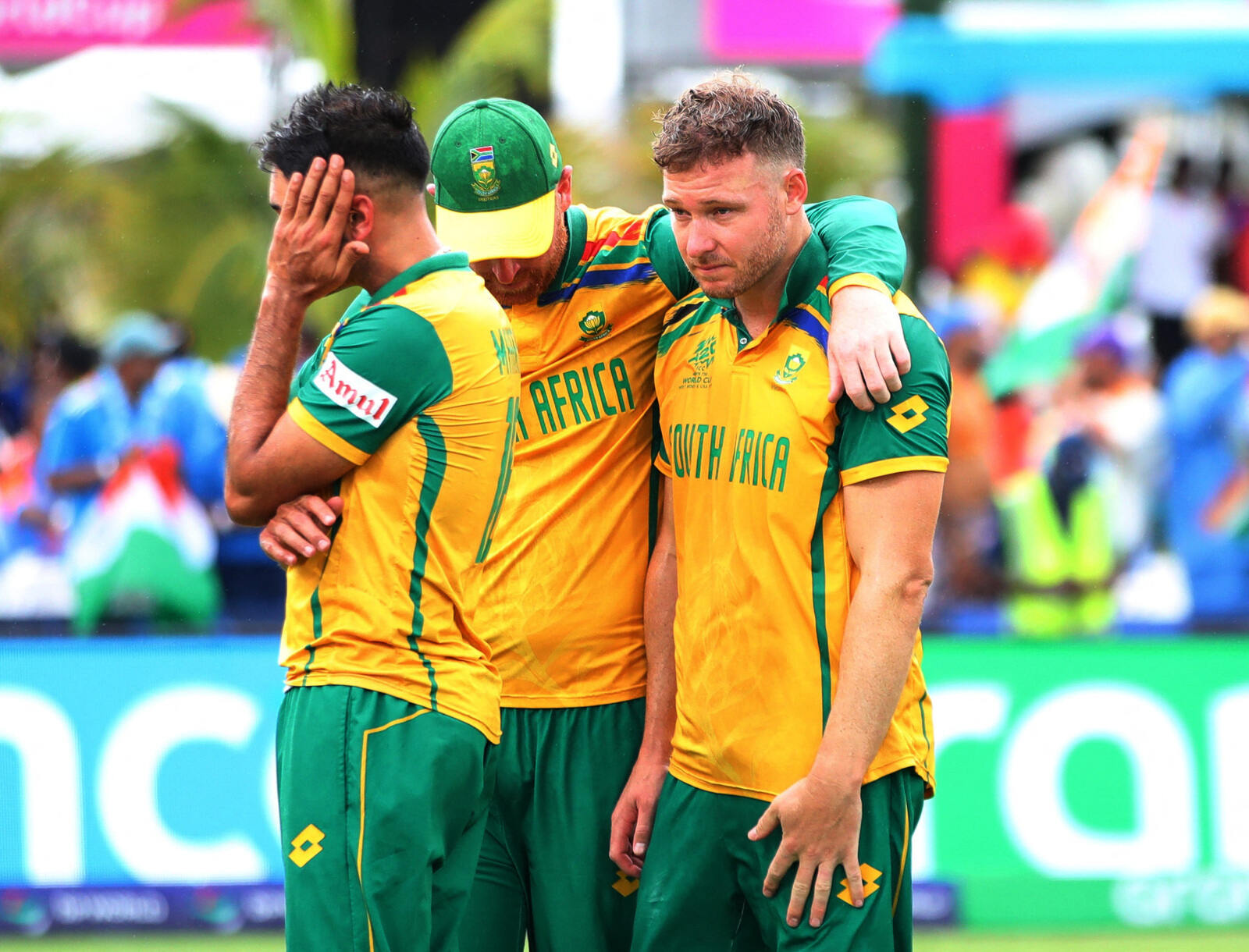
South African sports are a vibrant mix of passion, history, and triumph. From the rugby fields to the cricket pitches, this nation has produced some of the world's finest athletes. Did you know that South Africa hosted the 2010 FIFA World Cup, becoming the first African country to do so? This event not only showcased their love for soccer but also united the nation in a celebration of sport. Rugby is another cornerstone, with the Springboks winning the Rugby World Cup three times. Cricket fans will remember the legendary all-rounder Jacques Kallis, who is considered one of the greatest cricketers of all time. Whether it's the thrill of a rugby match, the strategy in cricket, or the excitement of soccer, South African sports offer something for everyone. Ready to dive into more fascinating facts? Let's get started!
Key Takeaways:
- South Africa's sports culture is rich and diverse, with rugby, cricket, soccer, athletics, and water sports playing a significant role in the country's history and identity.
- From the iconic Springboks to the legendary Comrades Marathon, South Africa has a proud sporting heritage that has produced world-class athletes and hosted major international events.
South African Rugby
South Africa has a rich rugby history, with the sport being a significant part of its culture. The national team, known as the Springboks, has achieved remarkable success on the global stage.
- South Africa won the Rugby World Cup three times: in 1995, 2007, and 2019.
- Nelson Mandela famously wore a Springbok jersey during the 1995 World Cup final, symbolizing national unity.
- The Springboks' emblem, a leaping springbok, is a national symbol of South Africa.
- South Africa's first rugby match was played in 1891 against a British Isles team.
- The Currie Cup, South Africa's premier domestic rugby competition, has been held since 1892.
Cricket in South Africa
Cricket is another sport deeply embedded in South African culture. The national team, known as the Proteas, has produced some of the world's best players.
- South Africa was one of the original test-playing nations, playing its first test match in 1889.
- The Proteas' nickname comes from the national flower, the King Protea.
- Jacques Kallis, a South African cricketer, is considered one of the greatest all-rounders in cricket history.
- South Africa hosted the first-ever Twenty20 World Cup in 2007.
- The country's domestic cricket competition, the Sunfoil Series, dates back to 1889.
Soccer in South Africa
Soccer, or football, is the most popular sport in South Africa. The national team, Bafana Bafana, has a passionate following.
- South Africa hosted the FIFA World Cup in 2010, the first African nation to do so.
- Bafana Bafana won the Africa Cup of Nations in 1996.
- The Premier Soccer League (PSL) is South Africa's top professional soccer league, established in 1996.
- Lucas Radebe, a former Bafana Bafana captain, played for Leeds United in the English Premier League.
- The vuvuzela, a plastic horn, became famous during the 2010 World Cup for its distinctive sound.
Athletics and Running
South Africa has a strong tradition in athletics, producing world-class runners and hosting iconic races.
- Caster Semenya, a South African middle-distance runner, won gold in the 800 meters at the 2012 and 2016 Olympics.
- The Comrades Marathon, an ultramarathon, is one of the oldest and largest in the world, first run in 1921.
- Wayde van Niekerk set the world record for the 400 meters at the 2016 Olympics.
- The Two Oceans Marathon, held in Cape Town, is known for its scenic route.
- Zola Budd, a South African runner, famously competed barefoot in the 1984 Olympics.
Swimming and Water Sports
South Africa's coastline and climate make it an ideal location for swimming and other water sports.
- Chad le Clos won gold in the 200-meter butterfly at the 2012 Olympics, defeating Michael Phelps.
- Natalie du Toit, a South African swimmer, competed in both the Olympics and Paralympics.
- The Midmar Mile, held in KwaZulu-Natal, is one of the world's largest open-water swimming events.
- South Africa has produced several world-class surfers, including Jordy Smith.
- The country hosted the 1999 All-Africa Games, which included swimming as a major event.
Final Whistle
South African sports offer a rich tapestry of history, talent, and passion. From rugby's iconic World Cup victories to cricket's thrilling matches, the nation's athletes have left an indelible mark on the global stage. Soccer, with its vibrant fan base, continues to unite communities, while lesser-known sports like netball and field hockey are gaining traction. The country's diverse sporting culture reflects its unique heritage and resilience. Whether you're a die-hard fan or a casual observer, there's always something exciting happening in South African sports. Keep an eye on emerging talents and upcoming events, as the future promises even more memorable moments. So, next time you catch a game or read about a South African athlete, you'll appreciate the depth and significance behind their achievements. Stay curious, stay engaged, and enjoy the thrilling world of South African sports.
Frequently Asked Questions
Was this page helpful?
Our commitment to delivering trustworthy and engaging content is at the heart of what we do. Each fact on our site is contributed by real users like you, bringing a wealth of diverse insights and information. To ensure the highest standards of accuracy and reliability, our dedicated editors meticulously review each submission. This process guarantees that the facts we share are not only fascinating but also credible. Trust in our commitment to quality and authenticity as you explore and learn with us.
